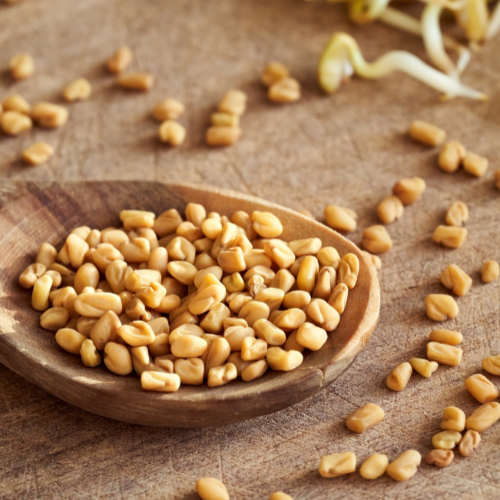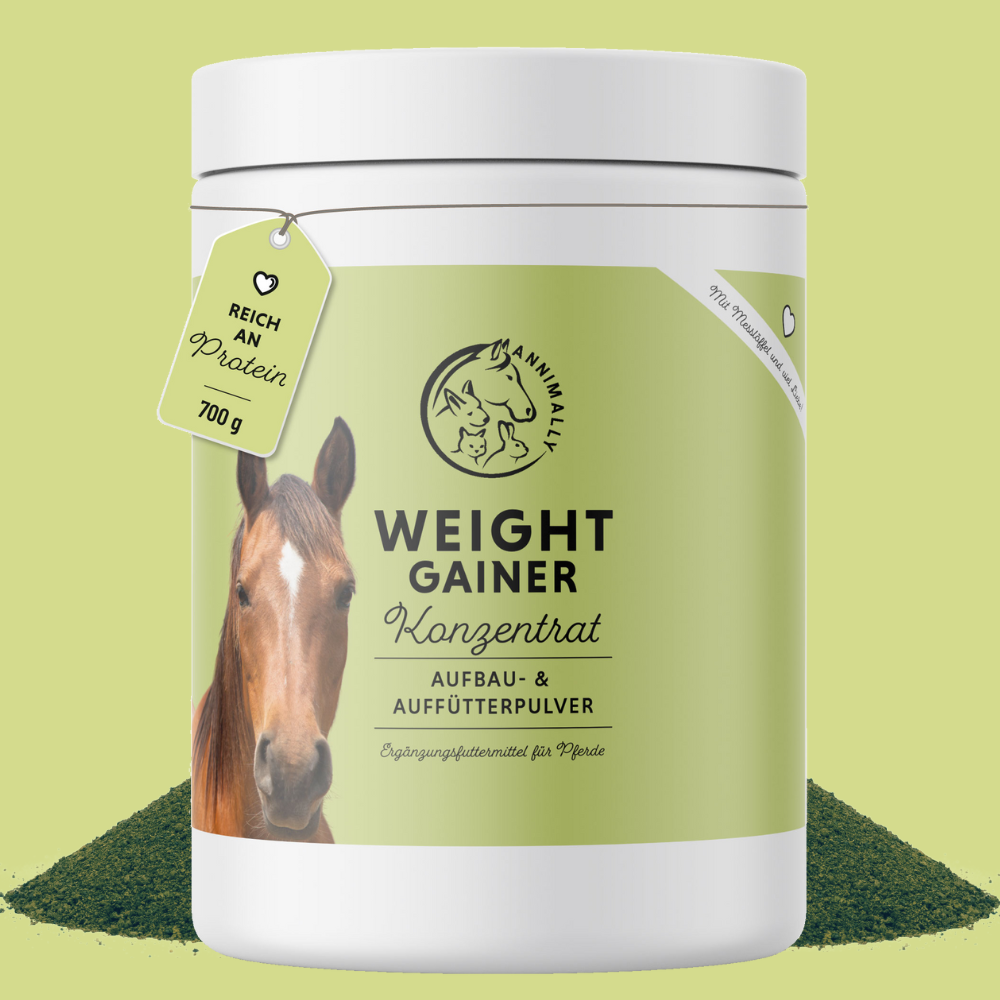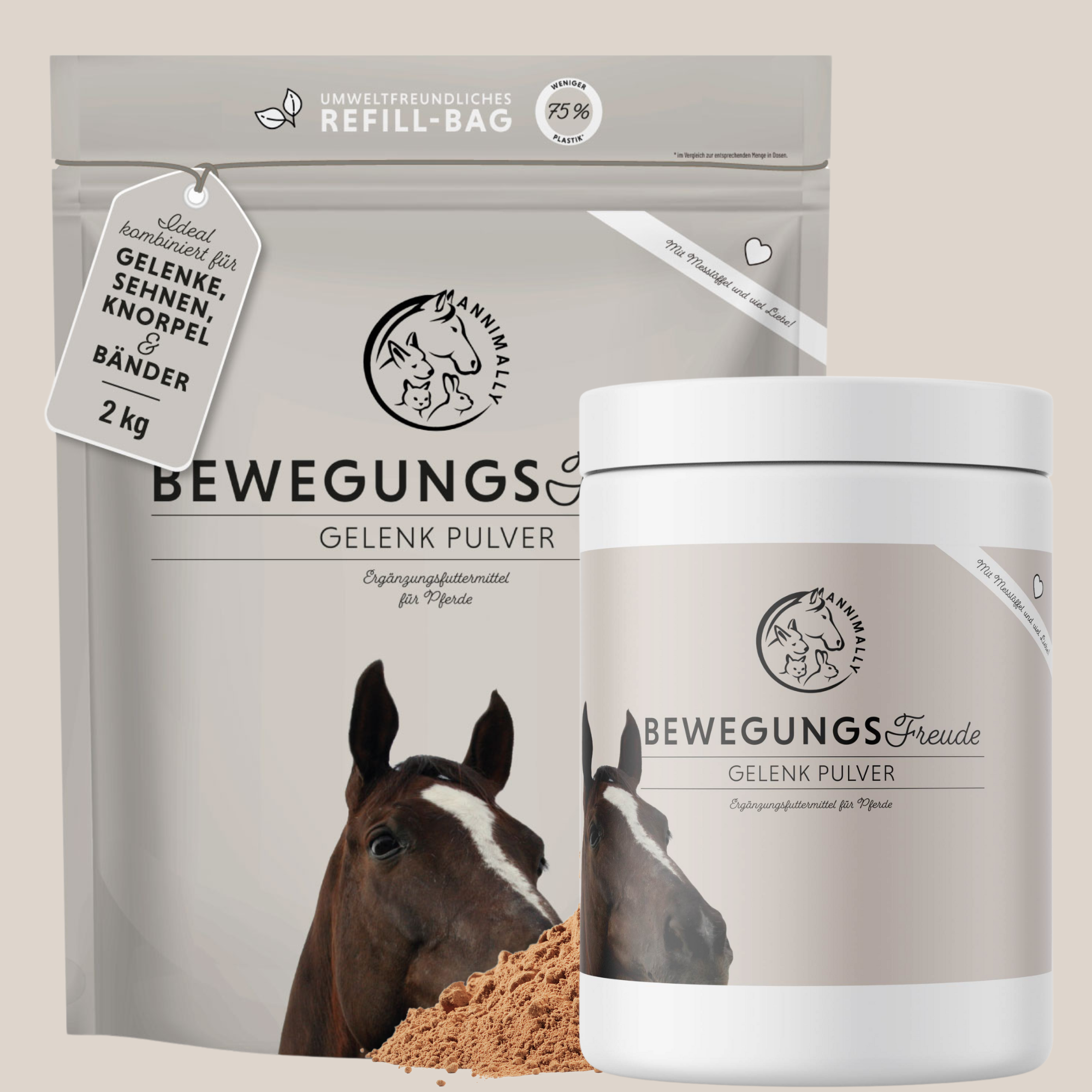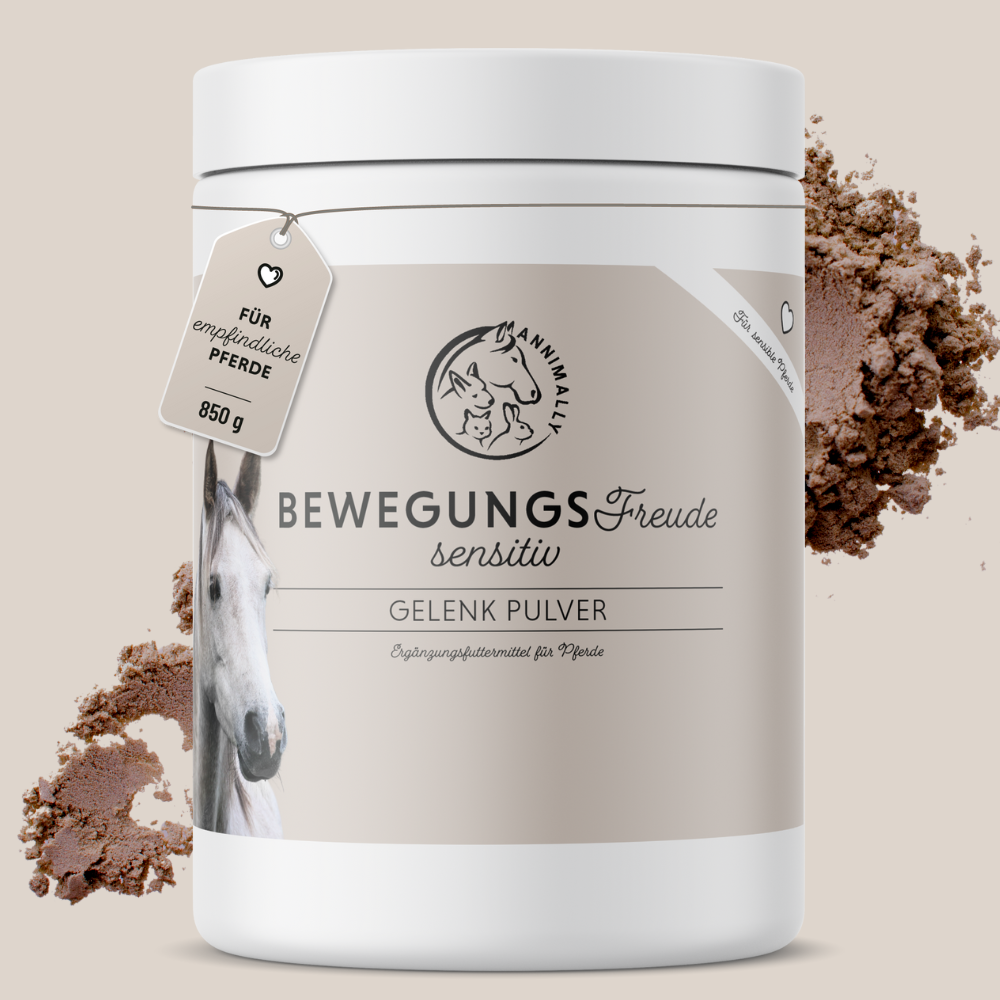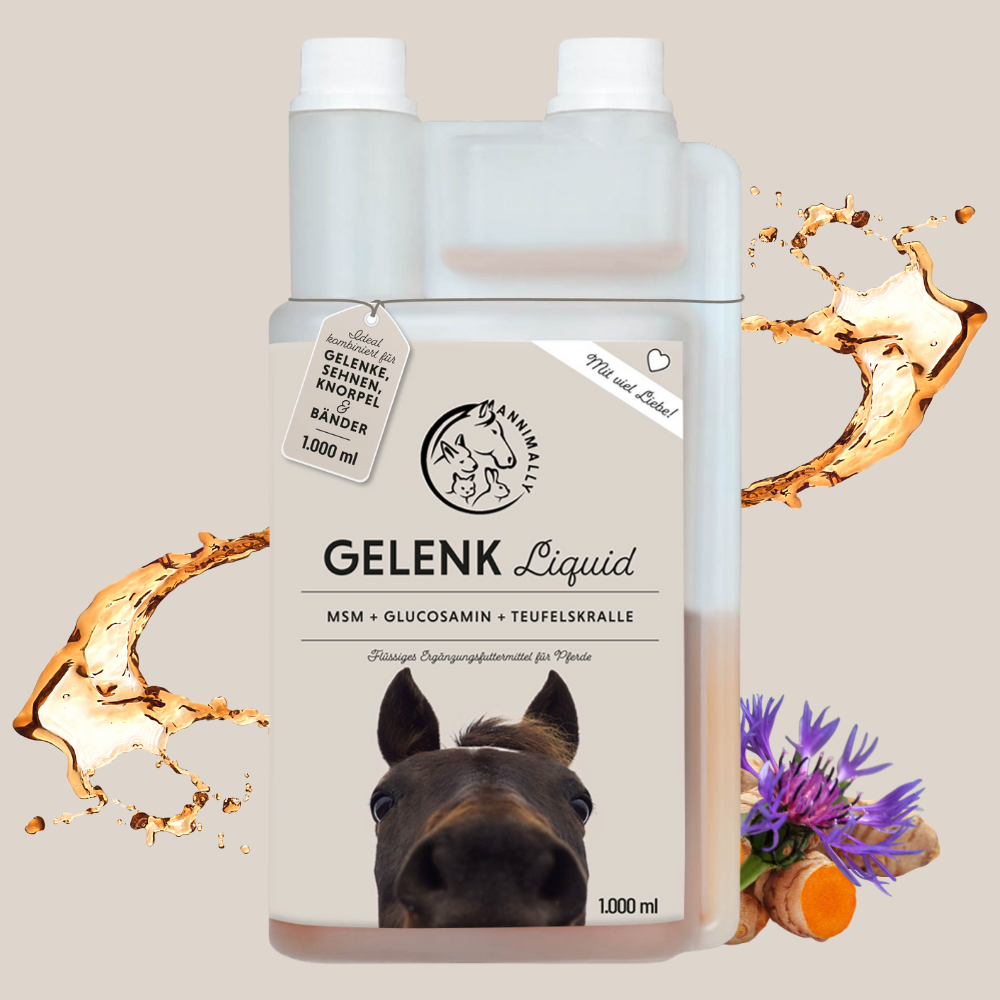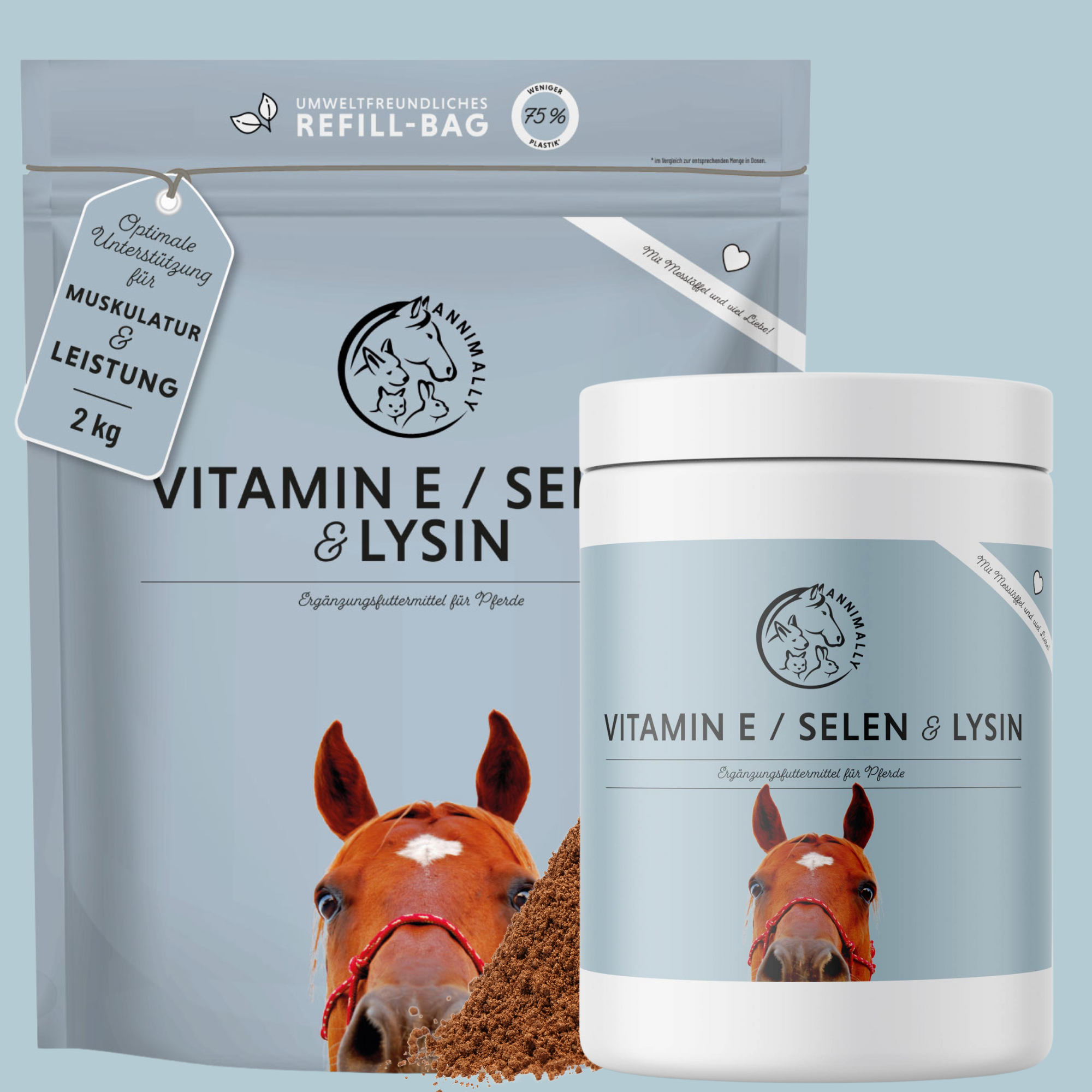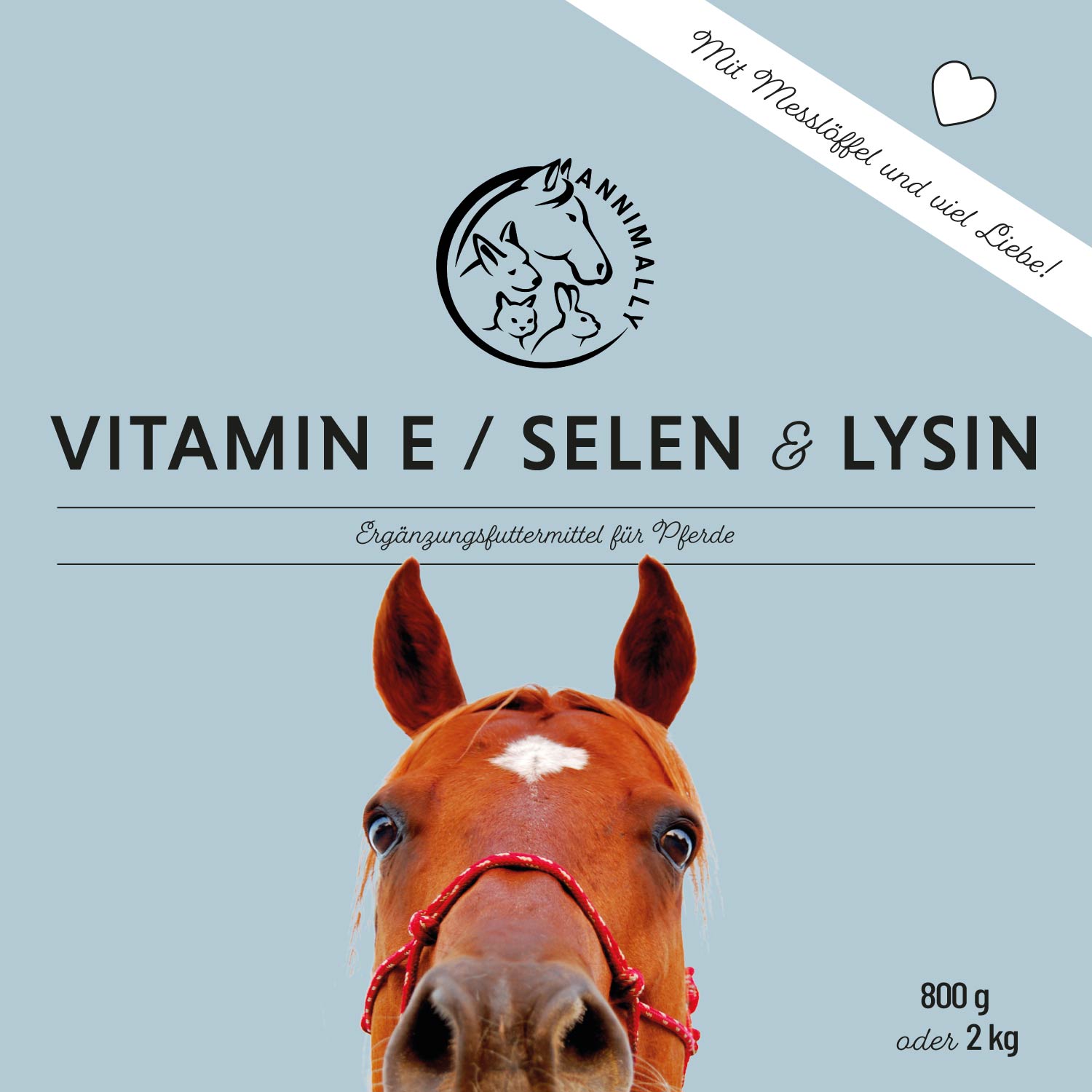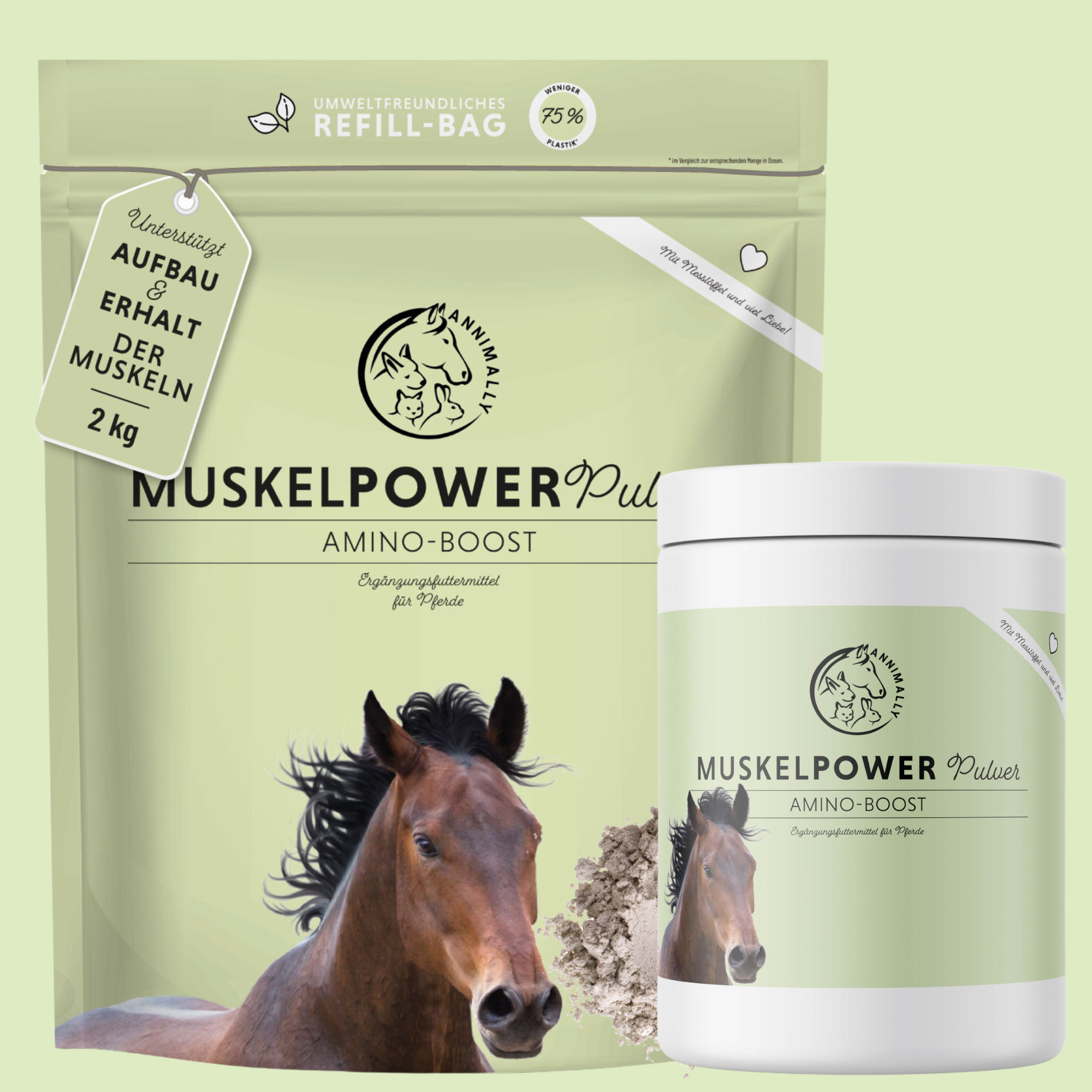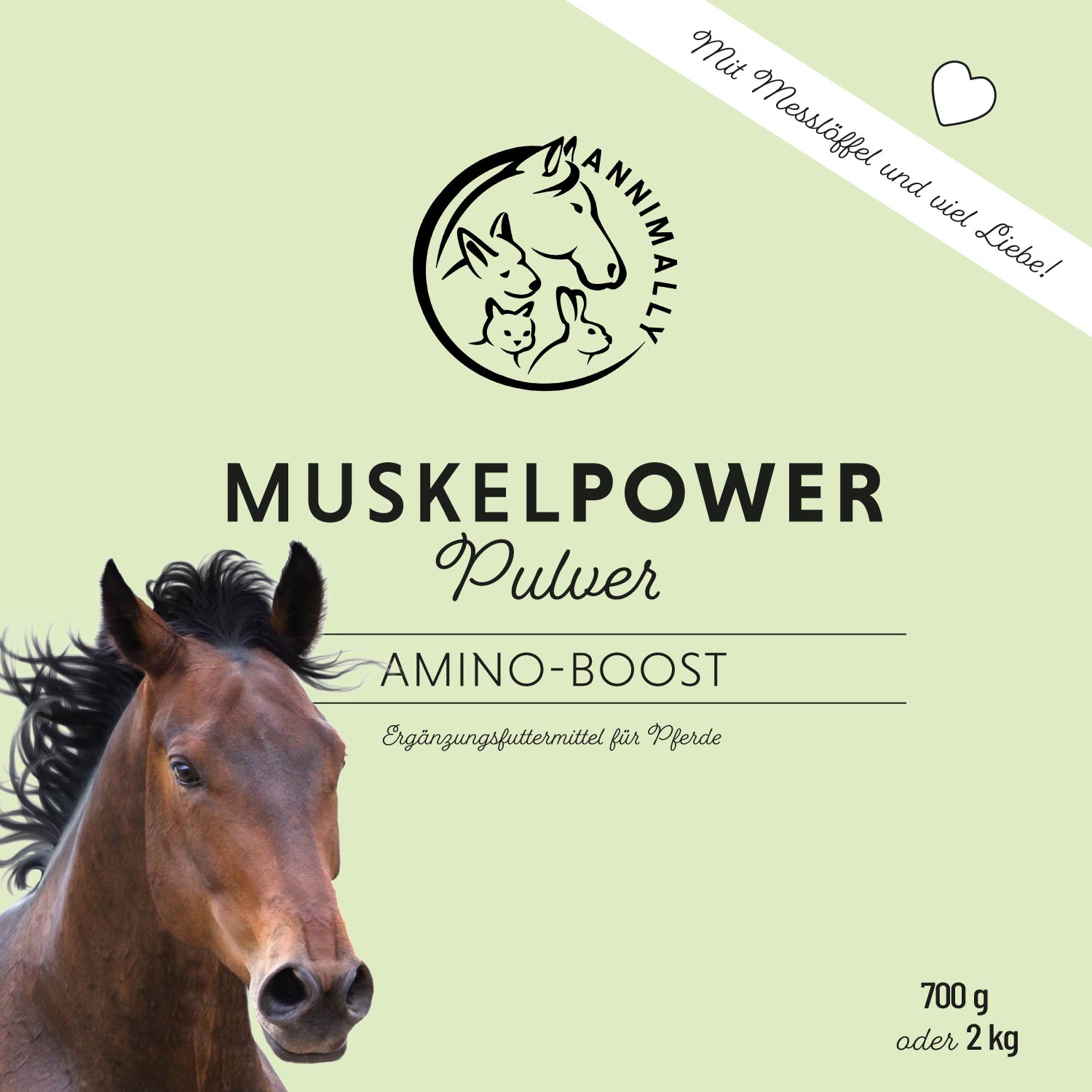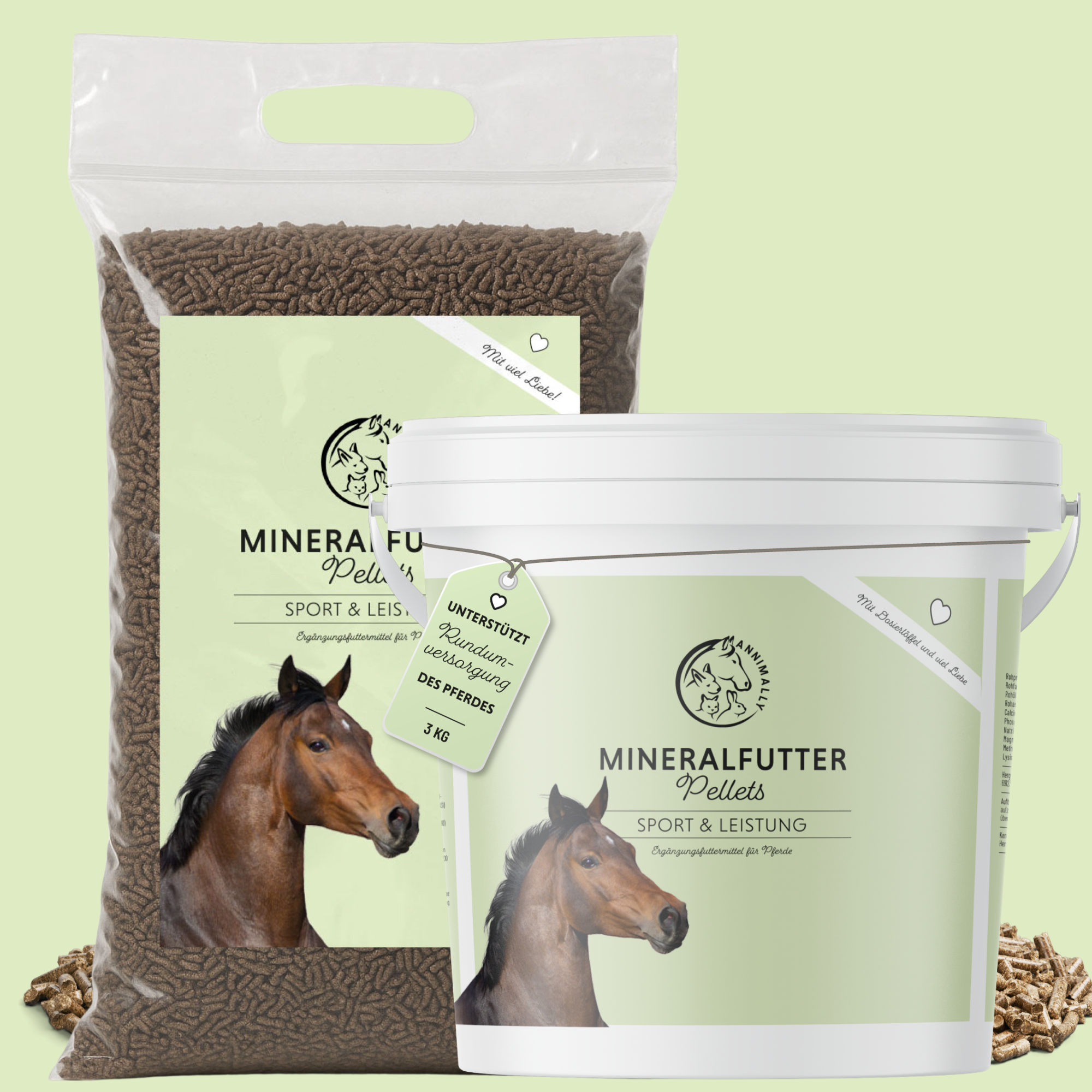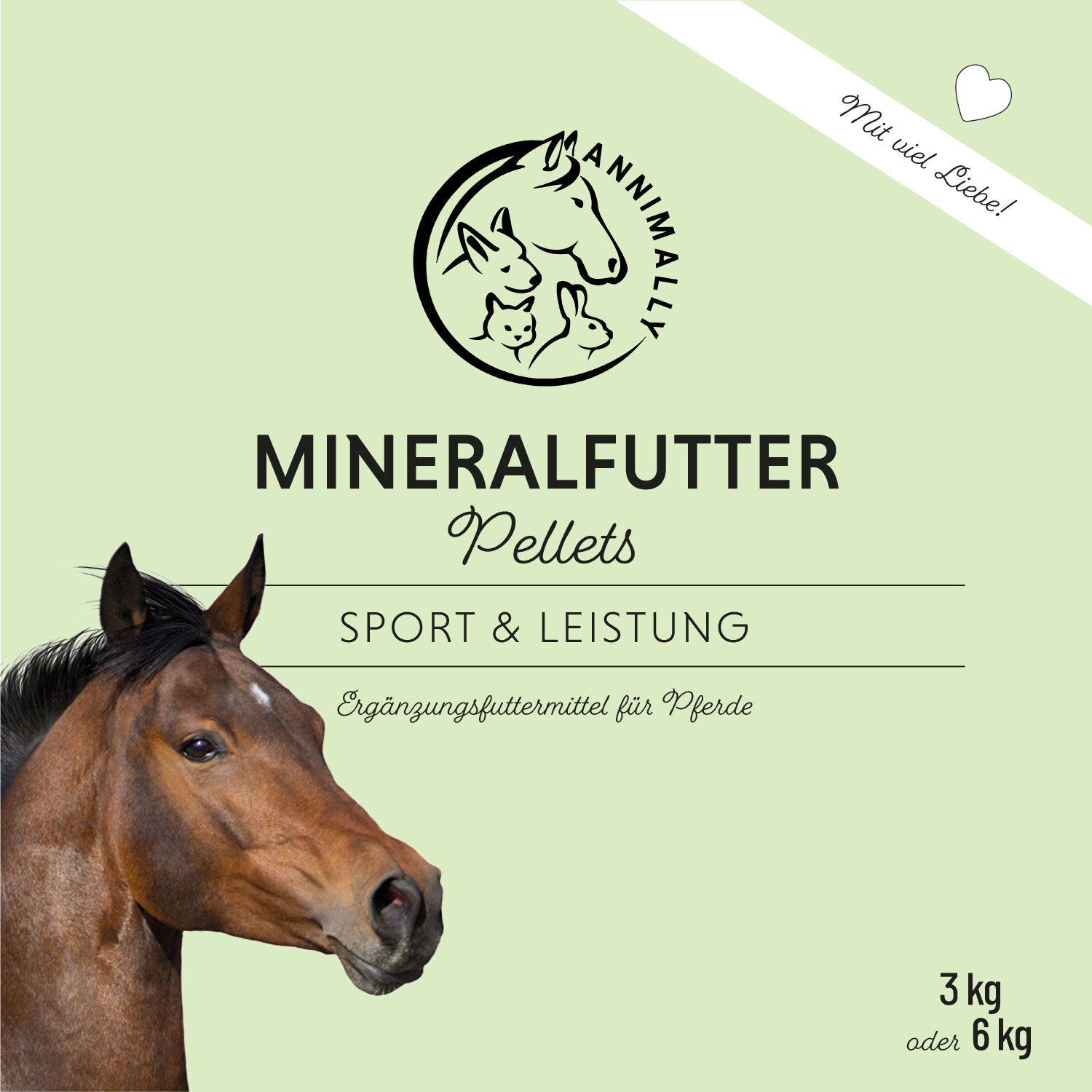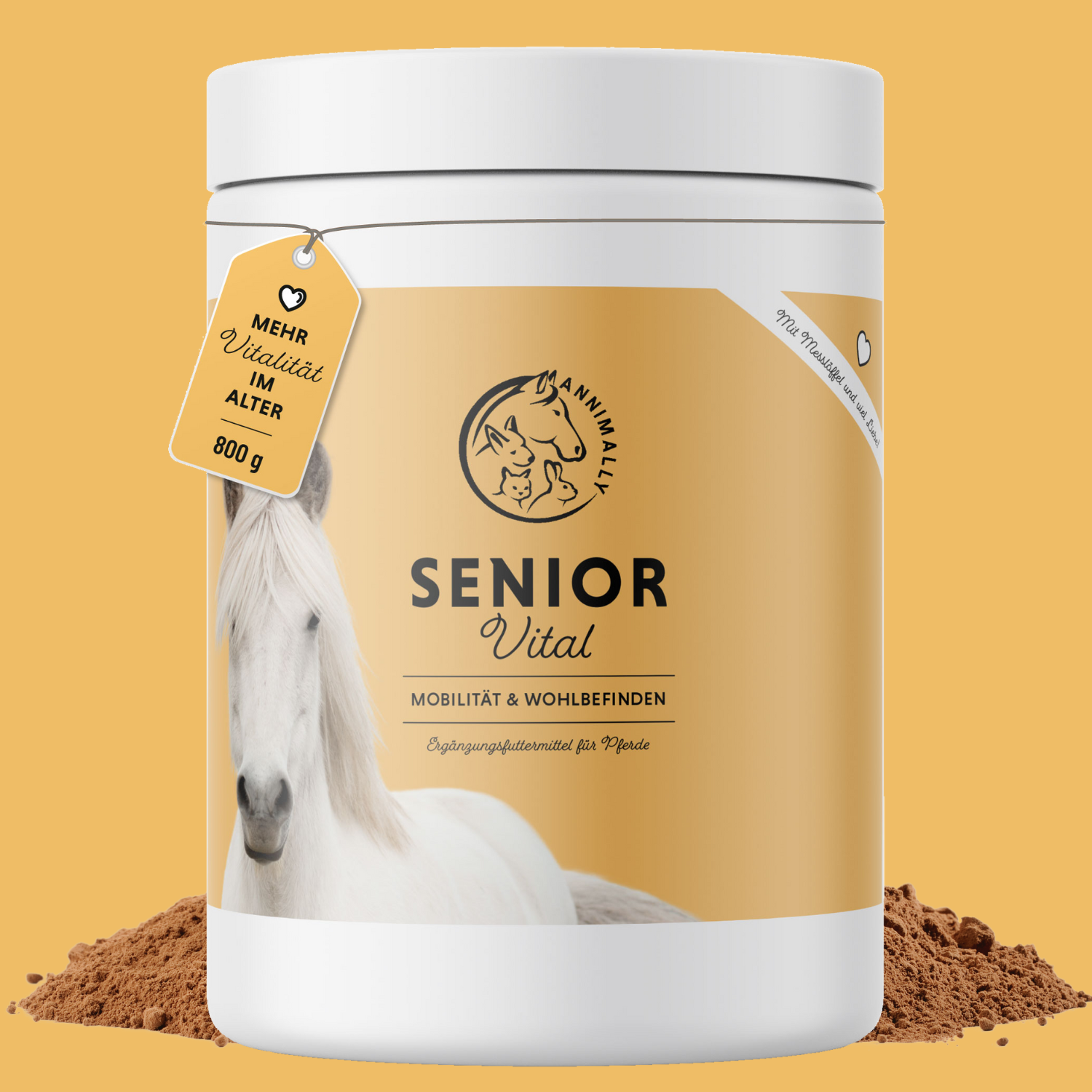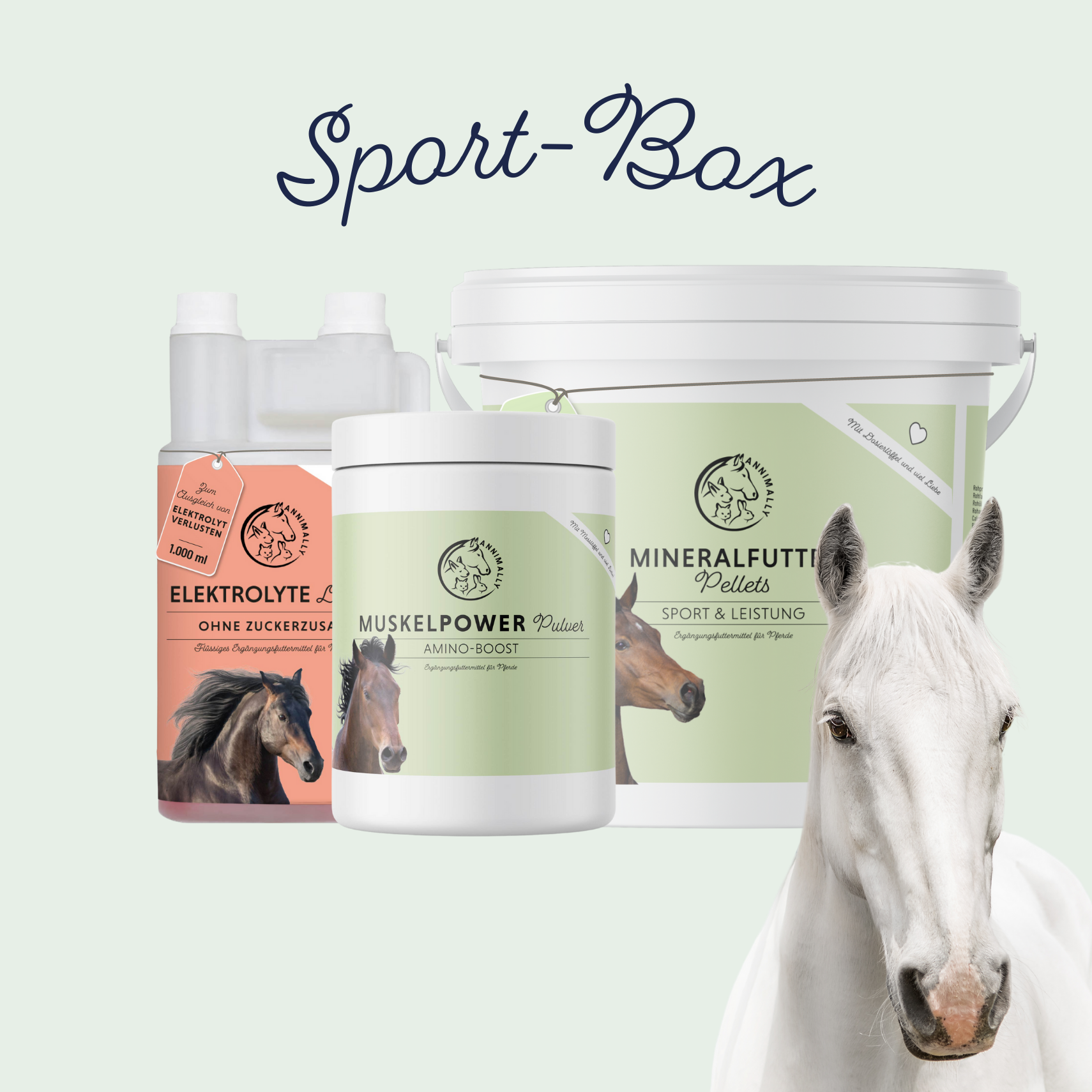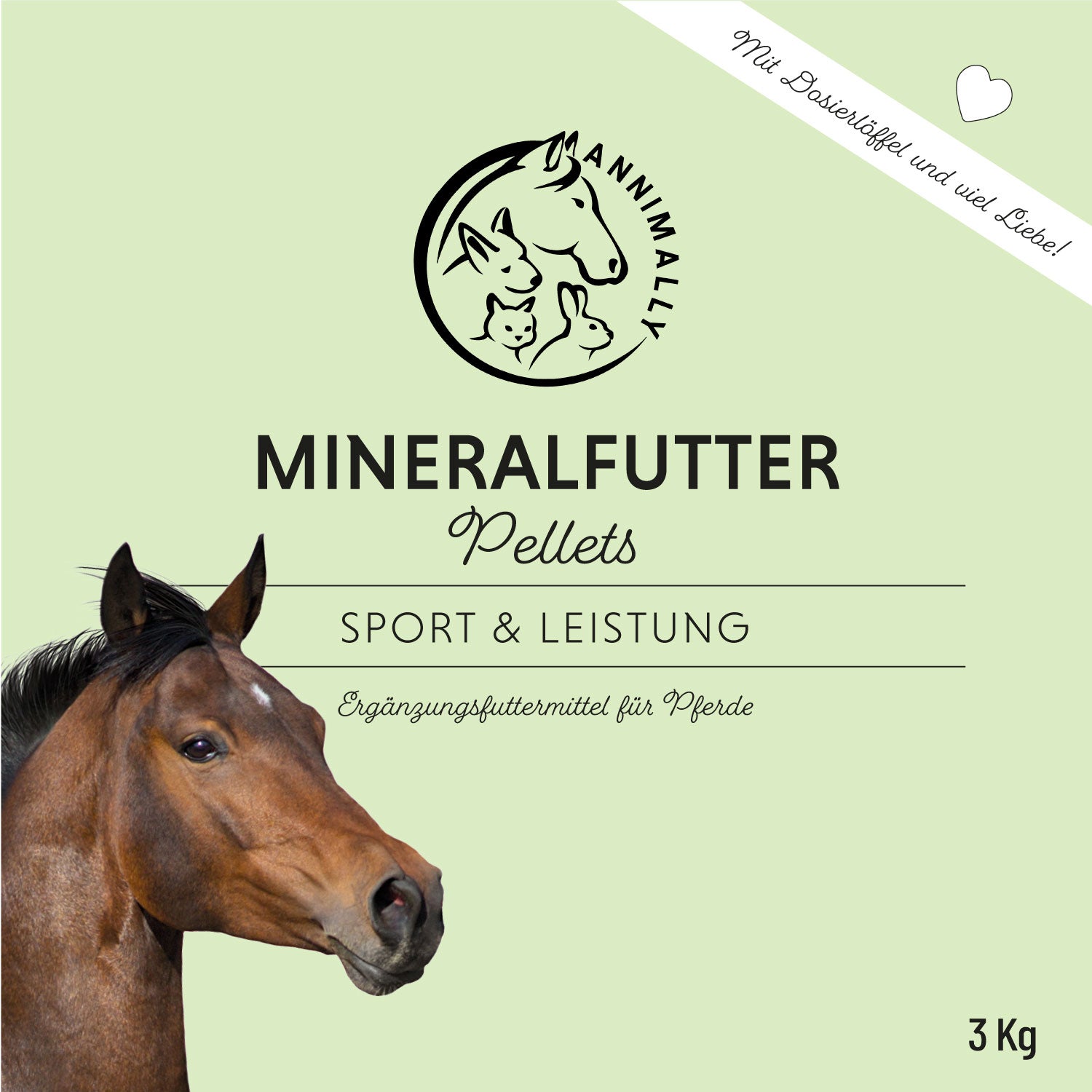Fenugreek for horses: Natural support for digestion, immune system and respiratory system
Fenugreek is a valuable spice plant that has been valued for its health-promoting properties since ancient times. It is also increasingly used in horse feed, as fenugreek seeds contain a variety of important ingredients that can have a positive effect on the gastrointestinal tract, respiratory system, and immune system of horses.
In this article, you will learn what effect fenugreek seeds have on your horse, how to use them correctly, and what you should pay attention to when making feeding recommendations.

Fenugreek – an ancient medicinal plant with great effects
Even in ancient times, people knew about the beneficial properties of fenugreek. The plant originates from the Mediterranean and Asia, but was already cultivated in medieval monastery gardens in Germany. Today, it is valued as a valuable single-use feed for horses.
The seeds of the plant are rich in valuable ingredients such as:
✔ Mucilages – support the mucous membranes of the respiratory and digestive tracts
✔ Saponins – promote metabolism and help with nutrient absorption
✔ Bitter substances – stimulates appetite and digestion
✔ Flavonoids – antioxidant plant substances to strengthen the immune system
✔ Vitamins How Vitamin C – support the immune system and cell health
✔ fatty acids – promote skin, coat and energy balance
✔ Crude fiber – improves digestion and intestinal flora
These valuable substances make fenugreek an excellent support for your horse's overall health.
The effect of fenugreek on horses
1. Support of the gastrointestinal tract and digestion
The mucilage, bitter substances, and crude fiber contained in fenugreek seeds have a positive effect on the entire gastrointestinal tract and digestion. Feeding them can be particularly beneficial for sensitive or older horses to regulate digestion and prevent discomforts such as flatulence or colic.
In addition, the saponins contained support the absorption of nutrients, which is particularly beneficial for horses with poor feed utilization.
2. Strengthening the immune system
Fenugreek contains a high amount of vitamin C, which, together with flavonoids, can exert antioxidant and anti-inflammatory effects. This strengthens your horse's immune system, making it more resistant to infections and diseases. This can be particularly beneficial during the cold season or for horses prone to stress.
3. Respiratory support
The mucilage it contains can have a soothing effect on the mucous membranes of the respiratory tract, helping to loosen trapped mucus and improve breathing. This makes fenugreek a valuable addition to the diet of horses with respiratory problems.
4. Appetite stimulant and performance-enhancing
Thanks to its bitter compounds, fenugreek can stimulate the appetite. This is especially helpful for horses that eat little or need to regain strength after an illness. Fenugreek seeds can also be beneficial for older horses or sport horses that require a lot of energy.
5. Benefits for mares and breeding horses
Mares, in particular, can benefit from the hormone-regulating properties of fenugreek. Furthermore, the fatty acids and vitamins it contains support general well-being and performance, which is also beneficial for large horses or horses in training.

Application and correct feeding of fenugreek seeds for horses
What forms are there?
Fenugreek is available in various forms:
-
Whole fenugreek seeds – must be soaked before feeding
-
Ground seeds or powder – can be mixed directly into the feed
-
Extracts or pellets – often in combination with other herbs
How do you feed fenugreek properly?
-
Soak seeds : Whole fenugreek seeds should be soaked in water for at least 2 hours before feeding to activate the mucilage.
-
Powder or ground seeds : This variant can be mixed directly into the feed and is particularly practical in daily horse feeding.
How much fenugreek can a horse be given? (Amount & Dosage)
The recommended amount depends on the size:
-
Small horse & pony : 10-20 g per day
-
Large horse : 20-40 g per day
A practical measuring spoon helps to ensure the correct dosage.
Are there any side effects or risks?
Fenugreek is a well-tolerated single feed without artificial additives. However, high amounts can cause flatulence or mild diarrhea. Pregnant mares should be cautious, as fenugreek can have hormonal effects.
Conclusion: A valuable natural additive in horse feeding
Fenugreek is a versatile herb with valuable properties for your horse's health. Due to its positive effects on digestion, the immune system, the respiratory system, and appetite, it can be a useful supplement to feed.
With the correct application and dosage, you can offer your horse natural support – without any artificial additives.




